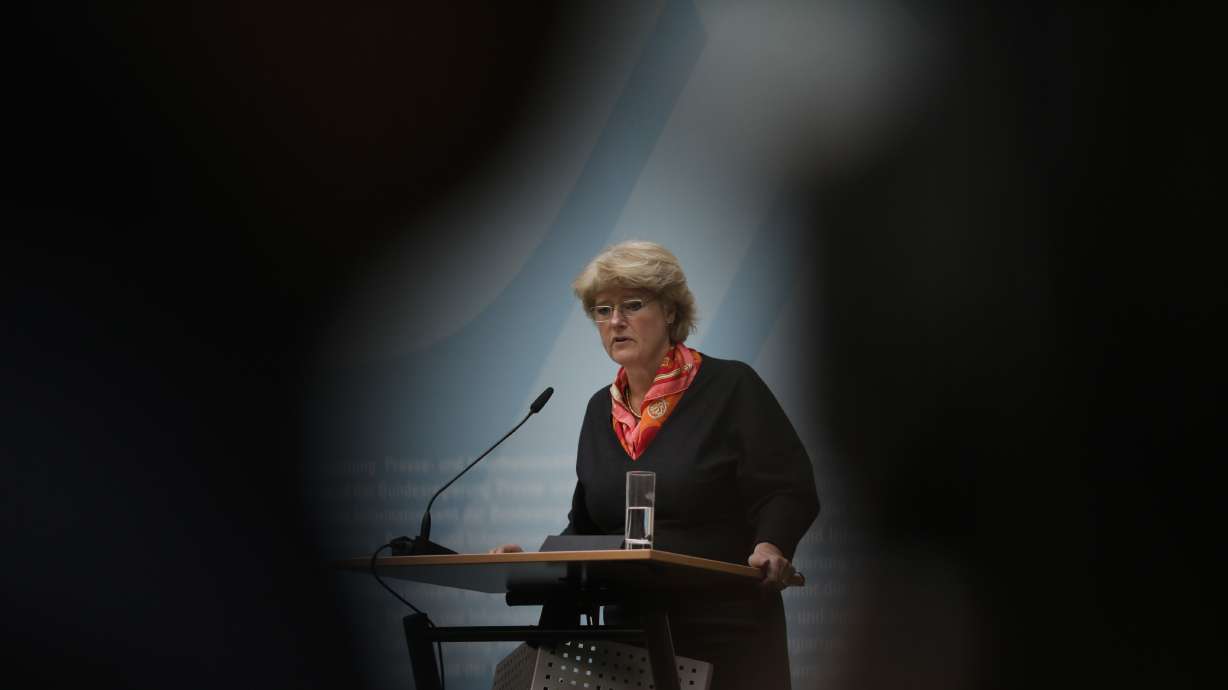Estimated read time: 2-3 minutes
This archived news story is available only for your personal, non-commercial use. Information in the story may be outdated or superseded by additional information. Reading or replaying the story in its archived form does not constitute a republication of the story.
BERLIN (AP) — More work is needed to confirm the past of hundreds of works of art hoarded by collector Cornelius Gurlitt, experts said Thursday, and Germany's culture minister pledged to try to get to the bottom of where they all came from.
A special task force that has been checking Gurlitt's trove — more than 1,200 works found at his Munich apartment, plus around 250 from his property in Salzburg, Austria — submitted its final report Thursday after two years' work. Gurlitt died in 2014, months after German authorities said they had seized the works in Munich.
Gurlitt's father, Hildebrand, was an art dealer who traded in works confiscated by the Nazis. Experts ruled out 507 works from the Munich collection having been looted under Nazi rule but have been looking at the provenance of hundreds more.
So far, only five works have been conclusively identified as having been looted from Jewish owners, among the 13 works on which all research has been completed. Jewish groups have criticized the German effort.
Research will be continued by the government-backed German Lost Art Foundation. Senior task force member Andrea Baresel-Brand is to lead the ongoing effort.
"The German government's aim remains to clear up the provenance of all the pictures that were in Cornelius Gurlitt's possession," Culture Minister Monika Gruetters said.
Baresel-Brand said at least some more work is needed to clear up questions about the past of 672 works. In 162 cases, there are indications that works were looted. There have been 118 claims on a total of 104 works.
The head of the World Jewish Congress, Ronald Lauder, said the results so far were "meager and not satisfactory." He criticized the task force for a lack of transparency and said in a statement that he "expected Germany to do better, given that time is running out."
Gruetters said officials had faced an unprecedented challenge in the Gurlitt case. She said she understood both art historians' difficulties in tracing back works over decades and the impatience of victims of Nazi persecution and their heirs.
"We will not be spared this experience in the future either: the experience that speed and thoroughness in provenance research can't be had at the same time," she said.
Copyright © The Associated Press. All rights reserved. This material may not be published, broadcast, rewritten or redistributed.









